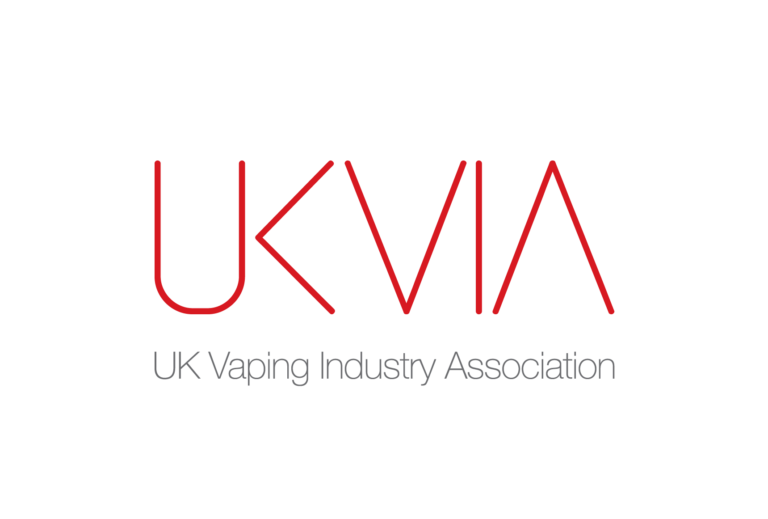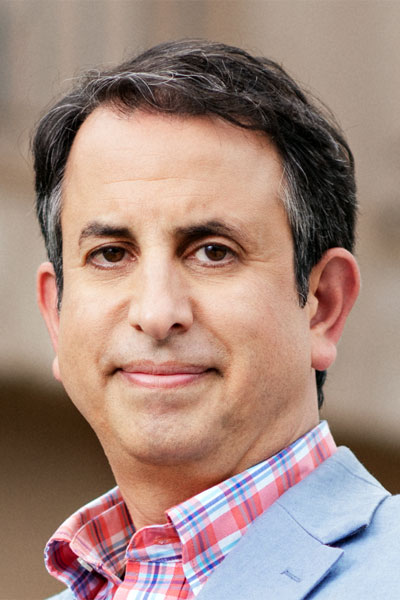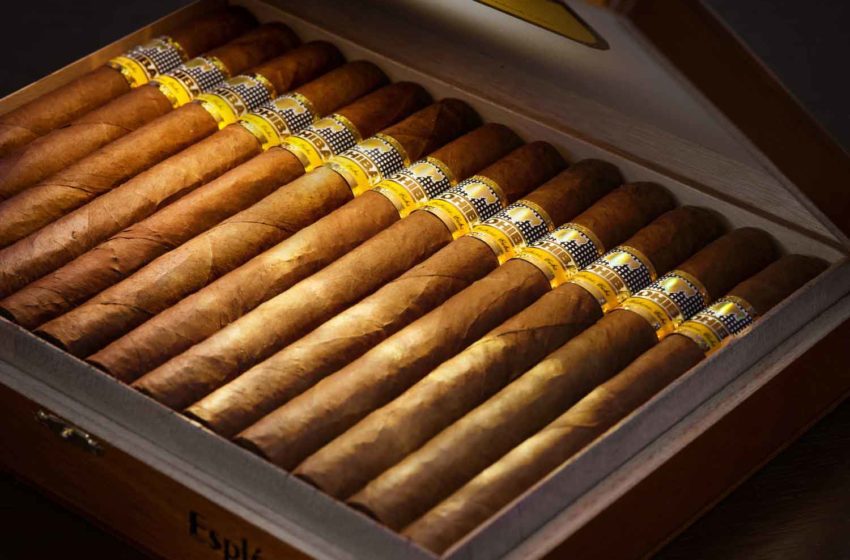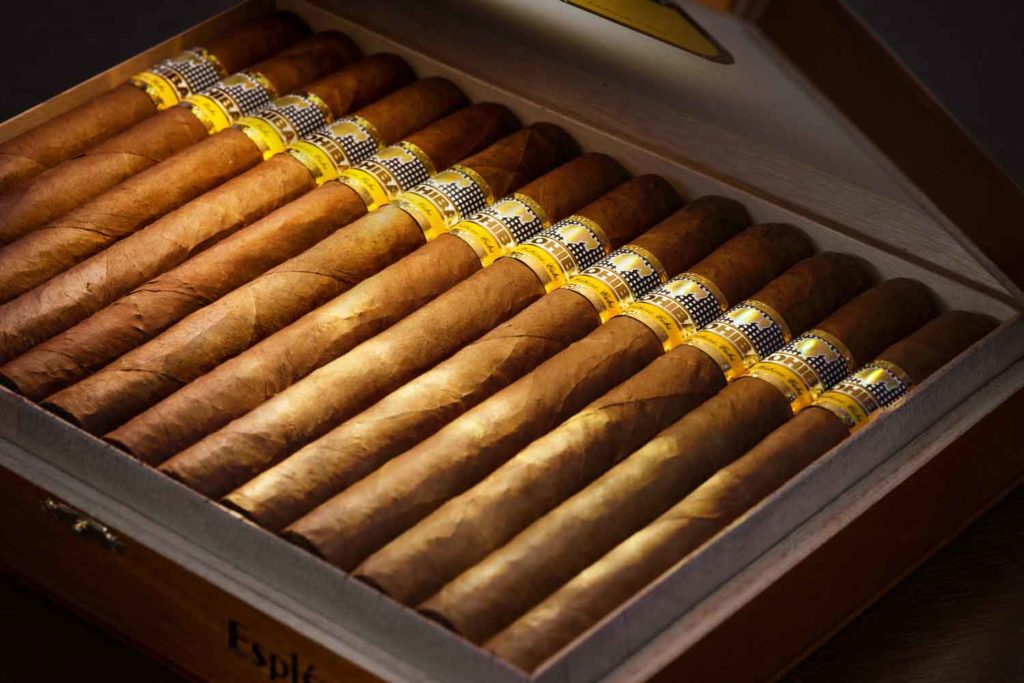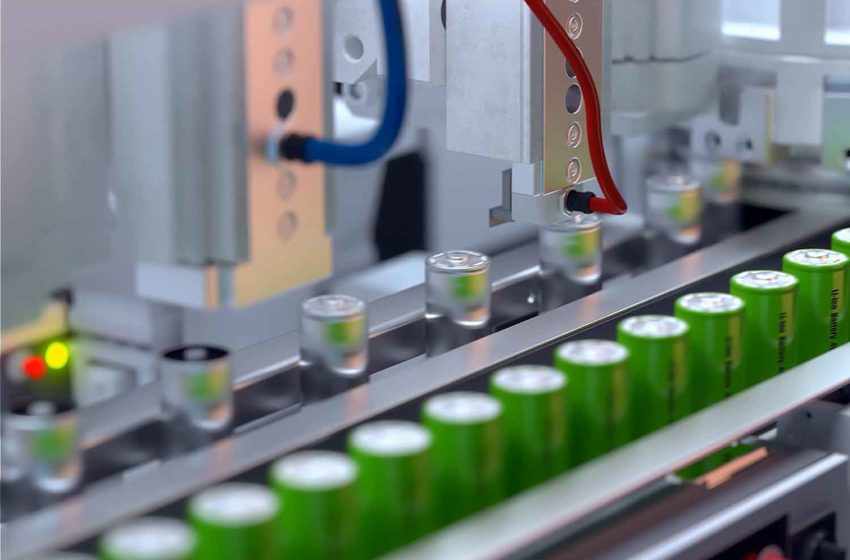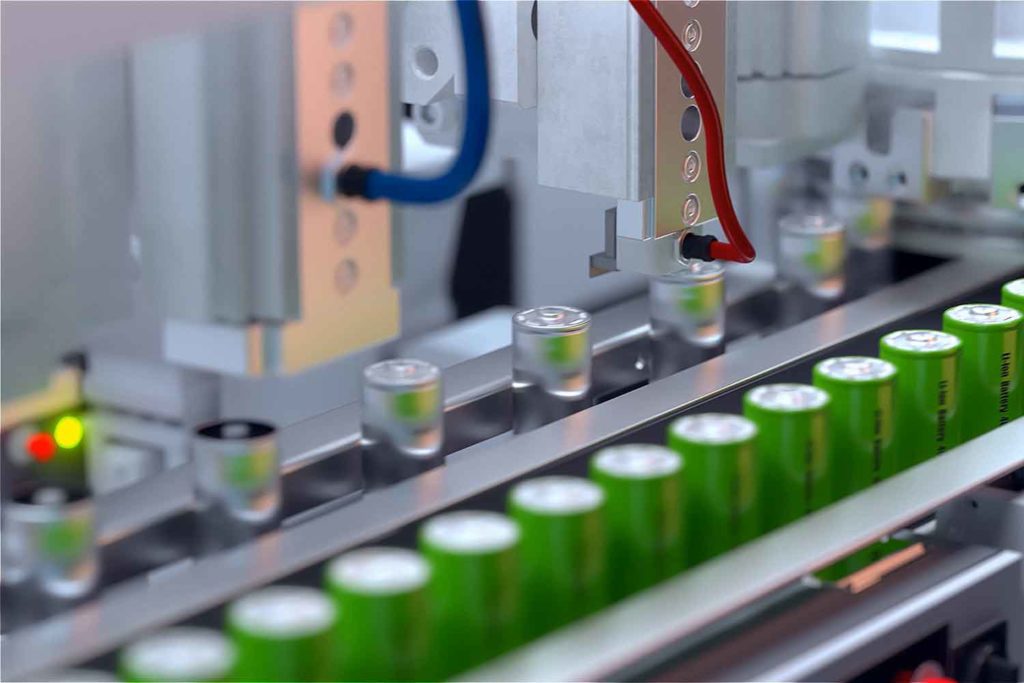Altria Group is in advanced talks to buy e-cigarette startup Njoy Holdings for at least $2.75 billion, the Wall Street Journal reported, citing people familiar with the matter, according to Reuters.
The Njoy deal could be announced as soon as this week, though the talks could still fall through, according to the report.
The proposed deal includes an additional $500 million earnout if regulatory milestones are met.
The potential deal follows Altria’s decision last year to be released from its noncompete deal with Juul Labs almost four years after buying a 35 percent stake in the company. Altria was planning to divest its stake in Juul. As of Dec. 31, Altria valued the stake at $250 million.
It was reported in July that Njoy had hired bankers for a possible sale of the company. The privately held firm is likely to be valued at up to $5 billion.
Njoy has a roughly 2 percent of the U.S. vape market by volume, according to Jefferies, Juul, by contrast, accounts for around a quarter of American vapor product sales.
Unlike Juul, however, Njoy is one of the few vape brands that have permission from the U.S. Food and Drug Administration to continue to sell its products. Juul is waiting to hear whether the FDA will allow its e-cigarettes to remain on the market.
In June 2022, the agency ordered Juul to remove its products from the market after finding that premarket tobacco product application failed to prove they would “appropriate for the protection of public health.
The FDA agreed to take another look at Juul’s application after the company appealed the marketing denial order in court. The company can continue selling its products at least until the agency makes a final decision.
Altria is keen to supplement its income from combustible products with earnings from smoking alternatives, such as e-cigarettes.
Its cigarette sales volumes fell 9.5 percent last year as high gasoline prices and general inflation pinched smokers’ disposable income.








